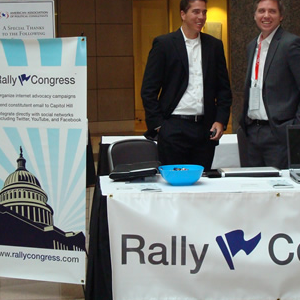HEre we go again

NEW TITLE
WASHINGTON — As Iran and the United States face off in the Gulf of Oman, the risk may not be just at sea, but in Tehran and Washington, where both Iranian and American hard-liners are seizing on the moment for political advantage.
The attacks this week on two tankers in the gulf, instantly attributed to Iran by Secretary of State Mike Pompeo and then President Trump, emboldens the hard-liners in both countries, each able to argue their longtime adversary is itching for war.
In the White House, Mr. Pompeo and the national security adviser, John R. Bolton, were driving a policy of maximum pressure — despite periodic signs of reluctance from President Trump.
For more than a year, Iran’s Islamic Revolutionary Guards Corps pushed for Tehran’s leadership to abandon the restrictions of a nuclear agreement President Trump had already exited. They were drowned out by moderates, who argued that it was better to deepen the divide between the Trump administration and Europe on the future of the 2015 deal.
But once Washington ratcheted up the pressure by targeting oil and the Revolutionary Guards’ own revenues, even Foreign Minister Mohammad Javad Zarif of Iran, who negotiated the nuclear accord and urged continuing to abide by the terms, began complaining of American “economic terrorism.”
